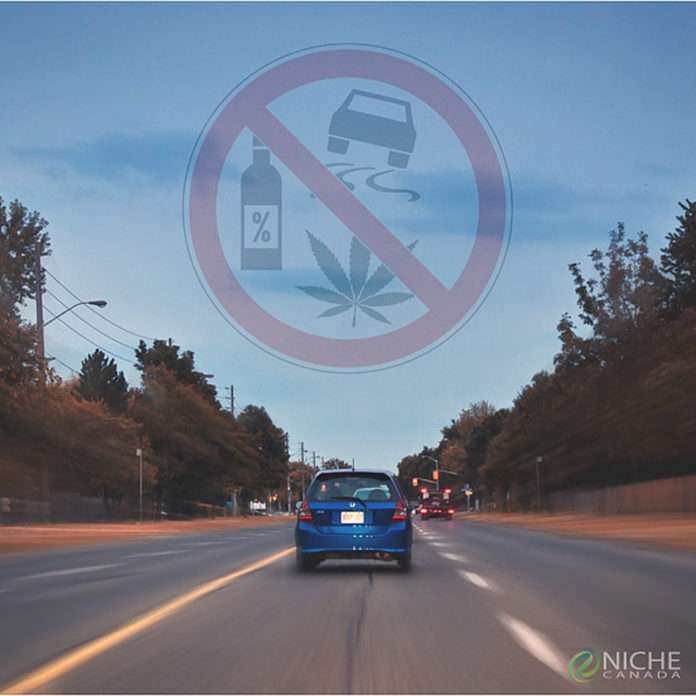The federal government has committed $10.1 million over five years to combat drug-impaired driving in British Columbia.
According to a release, the funds will be used “to support law enforcement by increasing the number of frontline police officers trained in Standardized Field Sobriety Testing (SFST) and Drug Recognition Expert (DRE) evaluation, and establishing dedicated trainers to deliver new and refresher training.”
In addition to training, the funding will also be used to purchase approved drug screening devices, and develop standardized data collection and reporting practices that will be used to analyze trends, identify gaps provide an accurate picture of drug-impaired driving in the province, and across Canada.
READ ALSO: The latest legal perspective on the Draeger Drug Test 5000
Bill Blair, Minister of Border Security and Organized Crime Reduction, said provinces and territories have asked for this support for appropriate training, tools, and data collection and “our government has listened.”
“I have seen the horrifying results of people making poor decisions throughout my law enforcement career,” said Blair. “Those who believe they aren’t impaired after consuming cannabis are dangerously misinformed and they will be caught. Make the smart choice and don’t drive high.”
Mike Farnworth, B.C.’s Minister of Public Safety and Solicitor General, said it’s “critical that we can provide our law enforcement partners with the necessary tools to ensure they can protect our roads and highways from impaired drivers.”
“The whole point is to get unsafe drivers off the road immediately and we are thankful the Federal Government has stepped up to help us support law enforcement to train more officers to recognize drug impairment and to purchase drug screening devices,” Farnworth added. “This funding will support a robust law-enforcement program that cracks down on drug-affected driving leading to safer roads for everyone.”
The government notes that impaired driving is a leading cause of criminal injury and death in Canada.
“While drug-impaired driving has been illegal in Canada since 1925, too many Canadians still believe consuming cannabis does not impair their driving ability,” a release states. “Driving while impaired by cannabis, illicit drugs, or prescription and over-the-counter medications is a crime.”
This funding for B.C. is part of $81 million announced by the Government of Canada for provinces and territories to support public and road safety activities.
Quick facts from the Canadian government:
- There are over 14,400 trained SFST officers across Canada (November 2018) and 1,046 certified DREs (May 1, 2019).
- For this agreement, British Columbia has established a training objective of 481 officers trained in SFST for 2018-2019 and up to 1,686 officers over 5 years, to bring the capacity to 50 per cent of frontline officers.
- Public Safety Canada introduced its second Don’t Drive High public awareness advertisement in April 2019. The campaign will continue to engage young Canadians and leverage partnerships with other levels of governments and organizations that are working toward the same goal to eliminate drug-impaired driving on Canadian roads.
- Overall, 15% of cannabis users with a valid driver’s license reported driving within two hours of consuming cannabis, according to combined data from the fourth quarter of 2018 and the first quarter of 2019. This was unchanged from the first half of 2018.



















